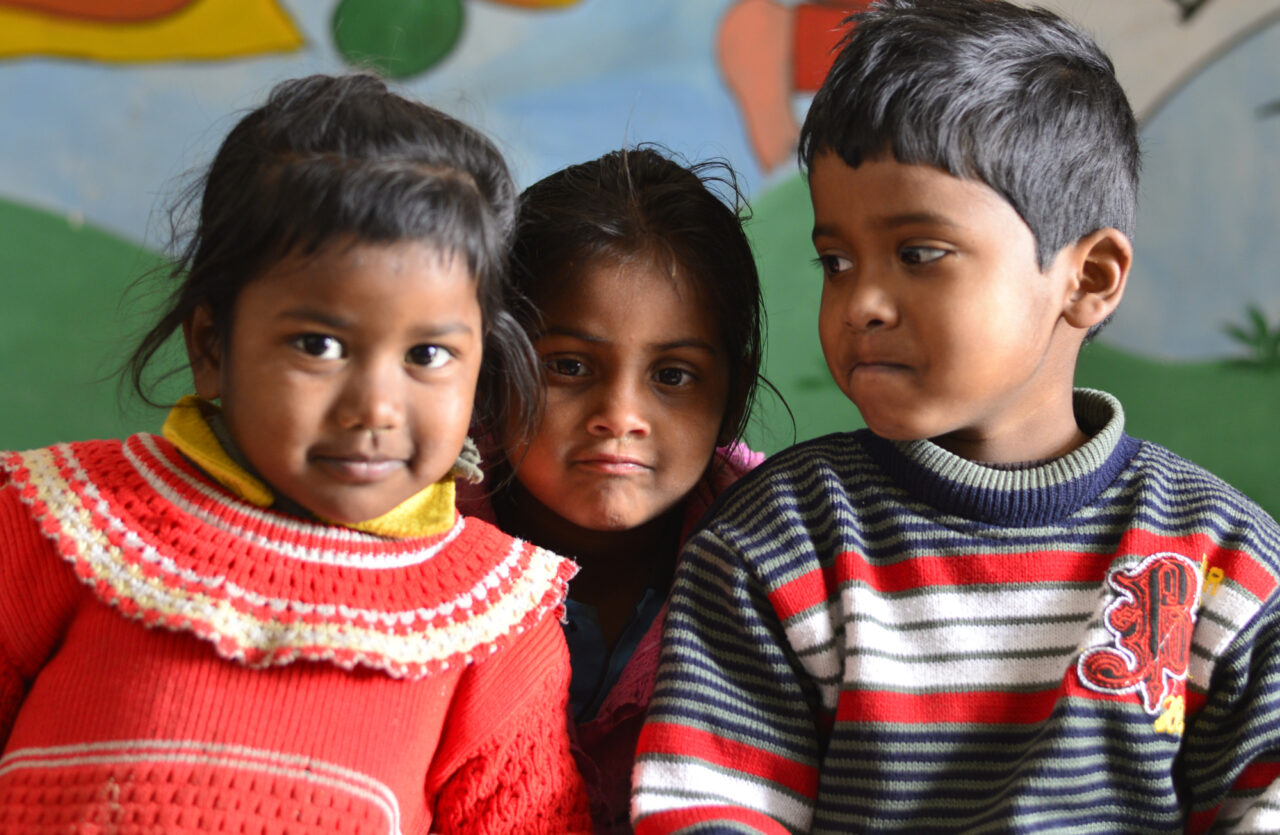Mental health remains one of the most misunderstood facets of human well-being, largely due to persistent social stigmas. Stigma, in this context, refers to the negative stereotypes, labels, or discrimination directed at individuals who experience mental health conditions. These stigmas are not just personal opinions; they are deeply embedded in societal attitudes, cultural norms, and even institutional policies, leading to far-reaching consequences.
Types of Social Stigma Affecting Mental Health
Societal Stigma denotes the unfavorable perceptions held by the broader community regarding individuals experiencing mental health conditions. This is evident in the use of disparaging terms, the marginalization of these individuals from social circles, and the dissemination of misconceptions that characterize them as aggressive, untrustworthy, or incompetent. For instance, media depictions frequently overstate the violent tendencies of people with schizophrenia, even though research consistently shows they are more prone to being targets of violence rather than its perpetrators.
Self-Stigma occurs when individuals internalize public prejudices, leading to diminished self-esteem and self-efficacy. Someone diagnosed with depression might begin to see themselves as inherently weak or broken, which can deter them from seeking support or fully engaging in life pursuits.
Structural Stigma is observed in social institutions, such as healthcare, education, and the workplace. Policies that limit insurance coverage for mental health treatment, discriminatory hiring practices, or educational exclusion due to perceived instability all contribute to the systematic disadvantage of those grappling with mental health challenges.
Key Social Stigmas and Their Manifestations
1. Weakness and Lack of Willpower One prevailing stigma is the notion that mental illness is a sign of weakness or a character defect rather than a medical issue. People facing anxiety disorders or clinical depression are often told to “snap out of it” or “just be positive,” thus minimizing the validity of their struggles. This attitude overlooks biological, genetic, and environmental underpinnings that are central to mental health conditions.
2. Peril and Volatility
People suffering from mental illnesses, especially those with psychotic conditions, are often portrayed as hazardous or erratic. This erroneous belief cultivates apprehension and evasion, evident in societal responses to individuals exhibiting symptoms in public areas. Research indicates that individuals with mental health conditions are no more prone to perpetrating violent acts than the broader populace; conversely, they are at a higher risk of experiencing violence and mistreatment.
3. Incompetence Another prominent social stigma is the assumption that people with mental health conditions cannot function effectively in school, the workplace, or society at large. Employers may hesitate to hire or promote those who have disclosed psychiatric histories, fearing unreliability. In reality, research has demonstrated that with proper support, most people manage their conditions and make significant contributions in all life spheres.
4. Contagio y Exclusión Algunas sociedades perciben la enfermedad mental a través del prisma del contagio, como si los síntomas fueran transmisibles cual enfermedad infecciosa. Tales creencias pueden arraigarse particularmente en culturas colectivistas, llevando a las familias a ocultar a los miembros afectados, evitar buscar ayuda profesional, o incluso respaldar la institucionalización en lugar de la participación comunitaria.
The Impact of Societal Stigmas on Psychological Well-being
Societal prejudices hinder the identification, care, and healing processes. The apprehension of being judged causes numerous individuals to conceal their symptoms or completely shun mental health assistance. The World Health Organization reports that up to 60% of those afflicted with prevalent mental illnesses refrain from seeking aid, primarily owing to the expected disapproval.
The cumulative impact of stigmas can lead to social detachment, joblessness, declining physical well-being, and an elevated suicide risk. For example, a 2022 research conducted in the United States revealed that people who internalized stigmas were considerably more prone to avoiding medical treatment and expressing feelings of despair.
Cultural Nuances in Social Stigma
While mental health stigmas are universal, their nature and severity can differ according to cultural context. In some societies, psychiatric symptoms may be attributed to spiritual or supernatural forces, resulting in ostracization or exorcism rather than medical intervention. Immigrant and minority communities often face additional stigmas, where revealing mental health struggles can be perceived as dishonoring one’s family or community.
Case studies from East Asia highlight the impact of collective shame: individuals with depression may suffer in silence to avoid “losing face.” By contrast, in some Western contexts, hyper-individualism can lead to under-recognition of distress until it reaches a crisis stage, as individuals are expected to “pull themselves up by their bootstraps.”
The Role of Media, Language, and Policy
Media coverage has a significant impact on the perpetuation or reduction of stigma. Tabloid headlines linking mental illness with sensational crimes reinforce dangerous stereotypes. Alternatively, campaigns that showcase lived experiences can humanize these conditions and promote empathy.
Language plays another crucial role. Words such as “crazy,” “psycho,” or “lunatic” carry stigma and hinder honest discussions. Adopting person-first terminology, for instance, “person experiencing bipolar disorder,” represents a deliberate effort to minimize negative impact.
Policy change is essential. Legal safeguards, equal insurance coverage for psychological and physical health, and anti-discrimination workplace protocols directly address structural stigma and increase access for those affected.
Advancing Stigma Mitigation
To effectively combat social stigma, a multi-faceted approach is essential, targeting individual perceptions, community dynamics, and systemic structures. Implementing educational initiatives within academic and professional settings, facilitating candid discussions spearheaded by individuals with personal insights, and enacting inclusive policy changes are crucial steps. These combined efforts work to dismantle harmful stereotypes and enhance understanding of mental well-being. Increasing the prominence of mental health programs and showcasing a variety of positive figures helps to normalize discussions and cultivate environments where seeking support is recognized as an act of courage, rather than a deficiency.
Understanding and addressing social stigmas is not only vital for improving individual well-being but also for forging societies that acknowledge mental health as integral to overall human health. Changing the narrative around mental illness creates conditions in which empathy, acceptance, and recovery are truly possible.




